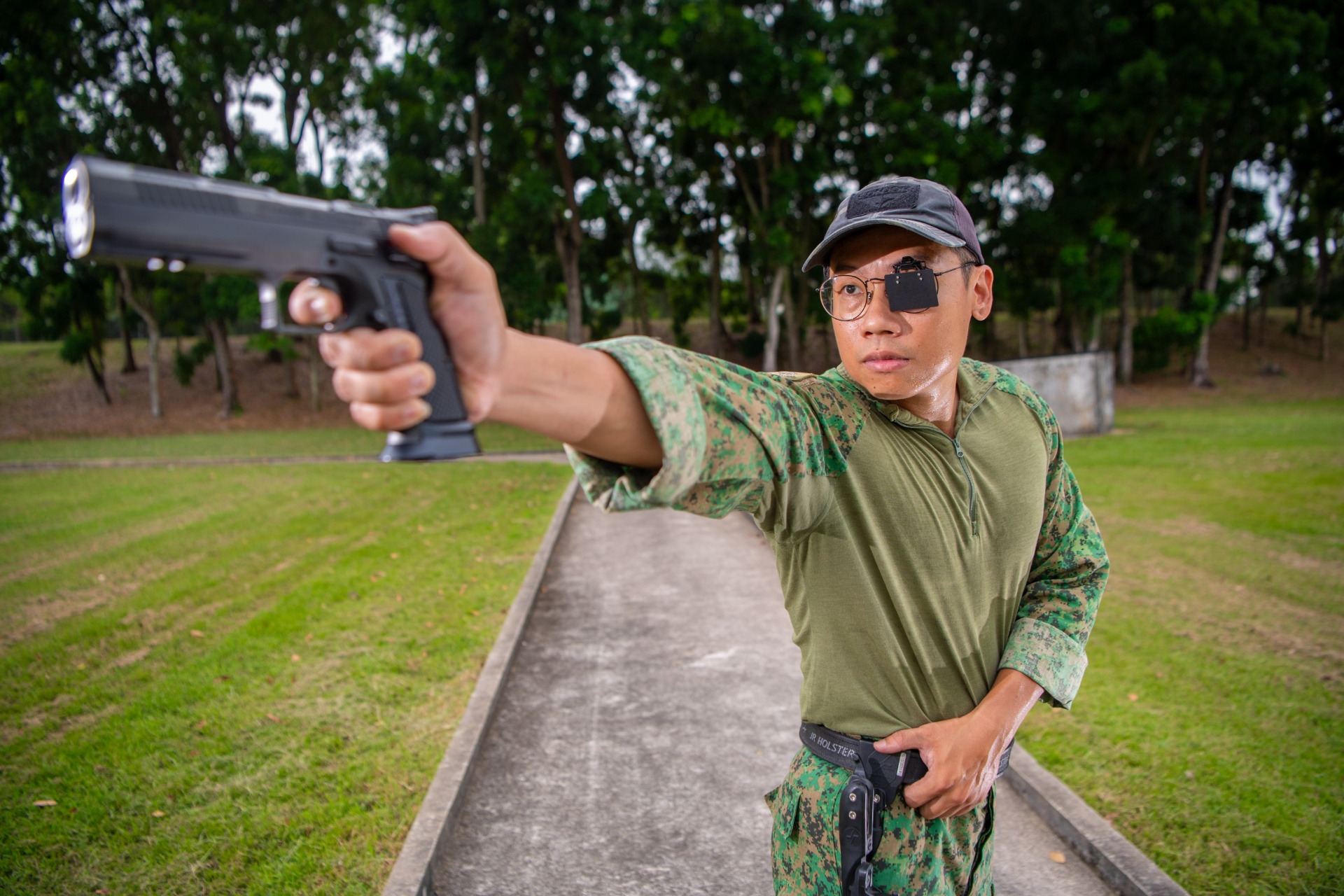TECHNOLOGY
Staying one step ahead with defence tech
19 Oct 2023
Singapore's first fully customised submarine, electronic warfare capabilities – the efforts of defence engineers and scientists were honoured at this year's Defence Technology Prize ceremony.
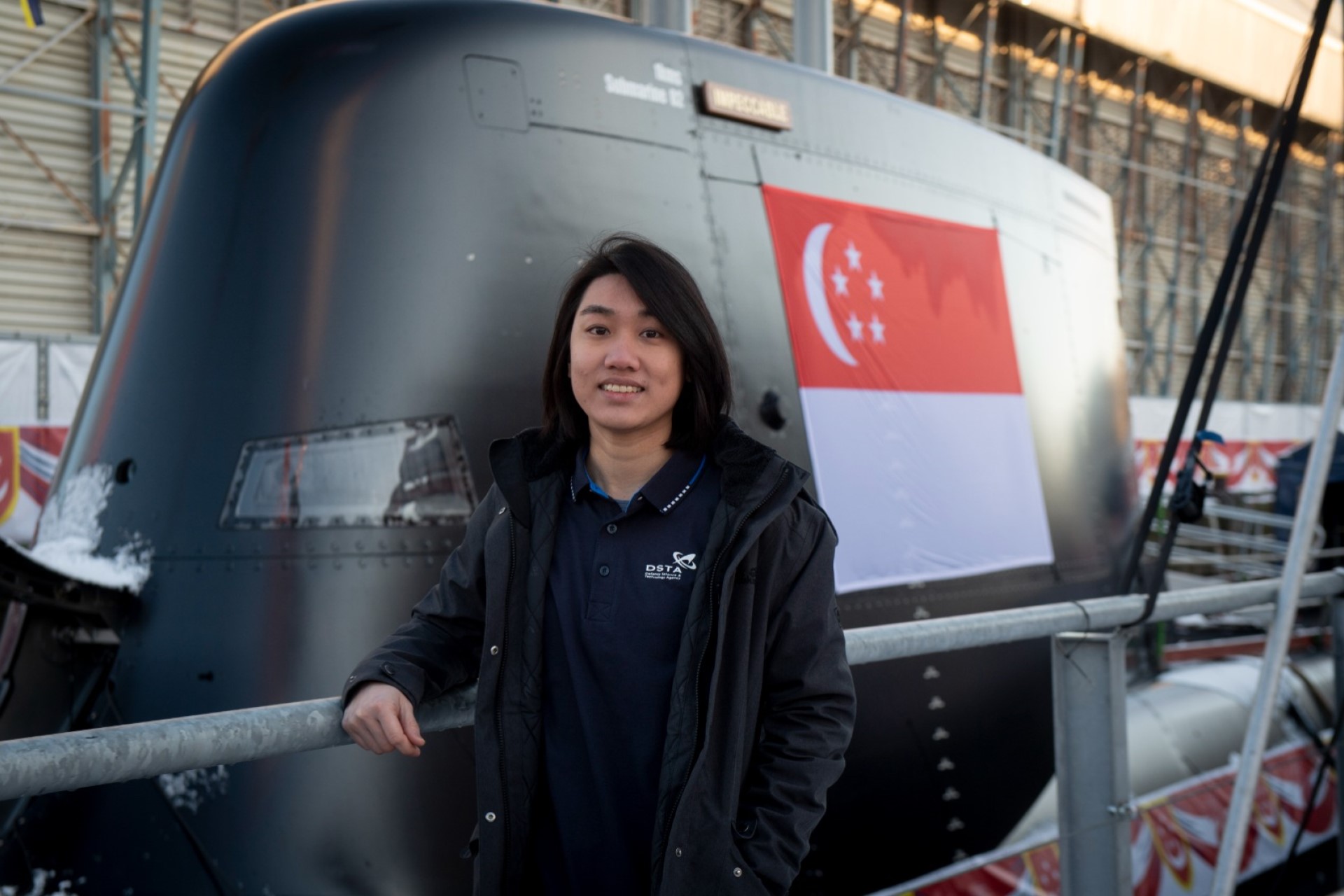
Senior engineer Jovin Foo has experienced something few have ever had the chance to do – sail on a submarine!
As part of the team working on the Republic of Singapore Navy's (RSN's) latest Invincible-class submarine, she spent two years in Germany, developing and testing the new underwater stealth platform.
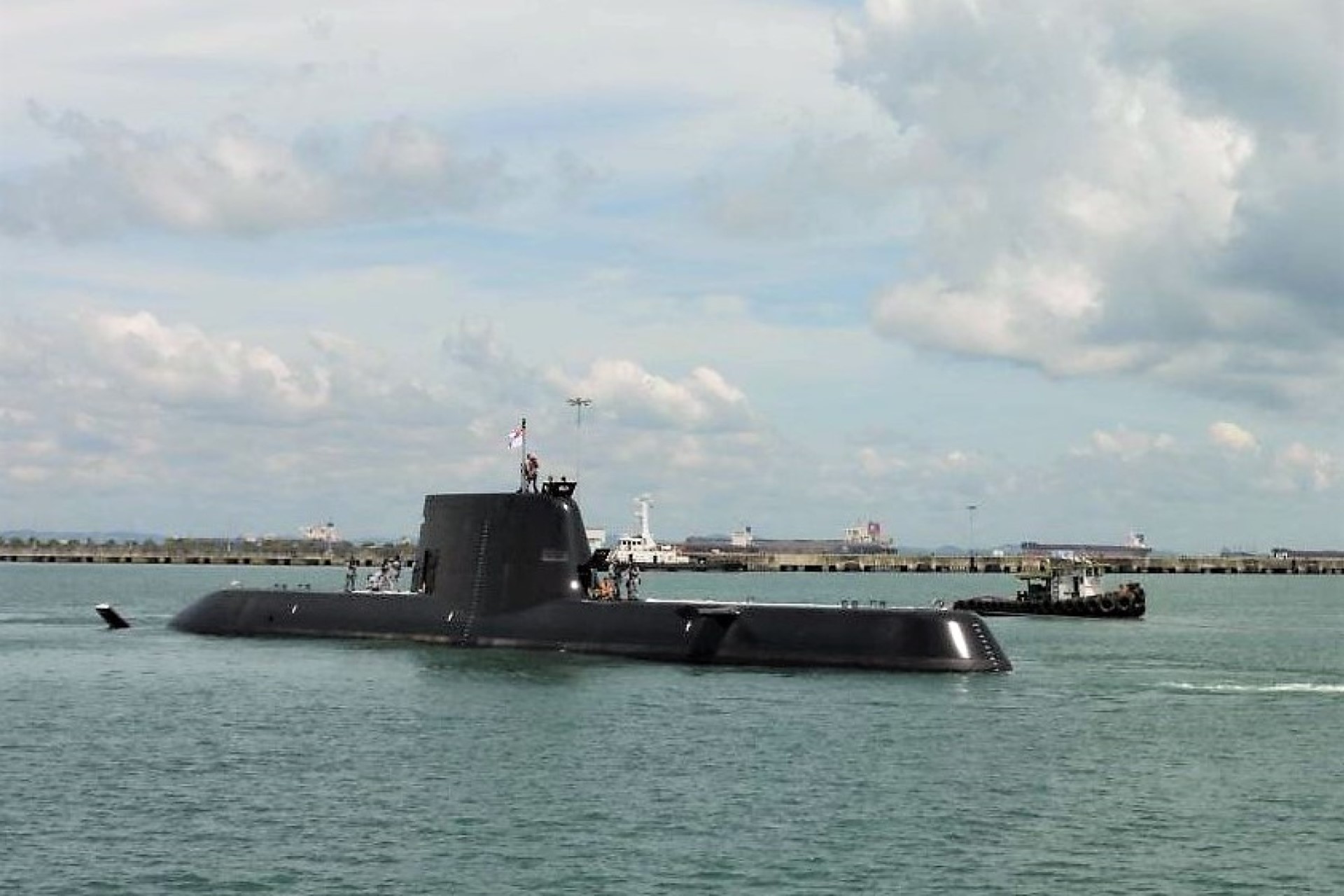
Lean, mean underwater fighting machine
Sailing underwater for periods "long enough to be homesick, but not long enough to be seasick", Ms Foo and her team had to make sure the submarine's habitability modifications passed the test.
This included designing to accommodate a mixed-gender crew, affixing more beds to allow each submariner to have a personal bunk, and building to suit Asian sizes and reach.
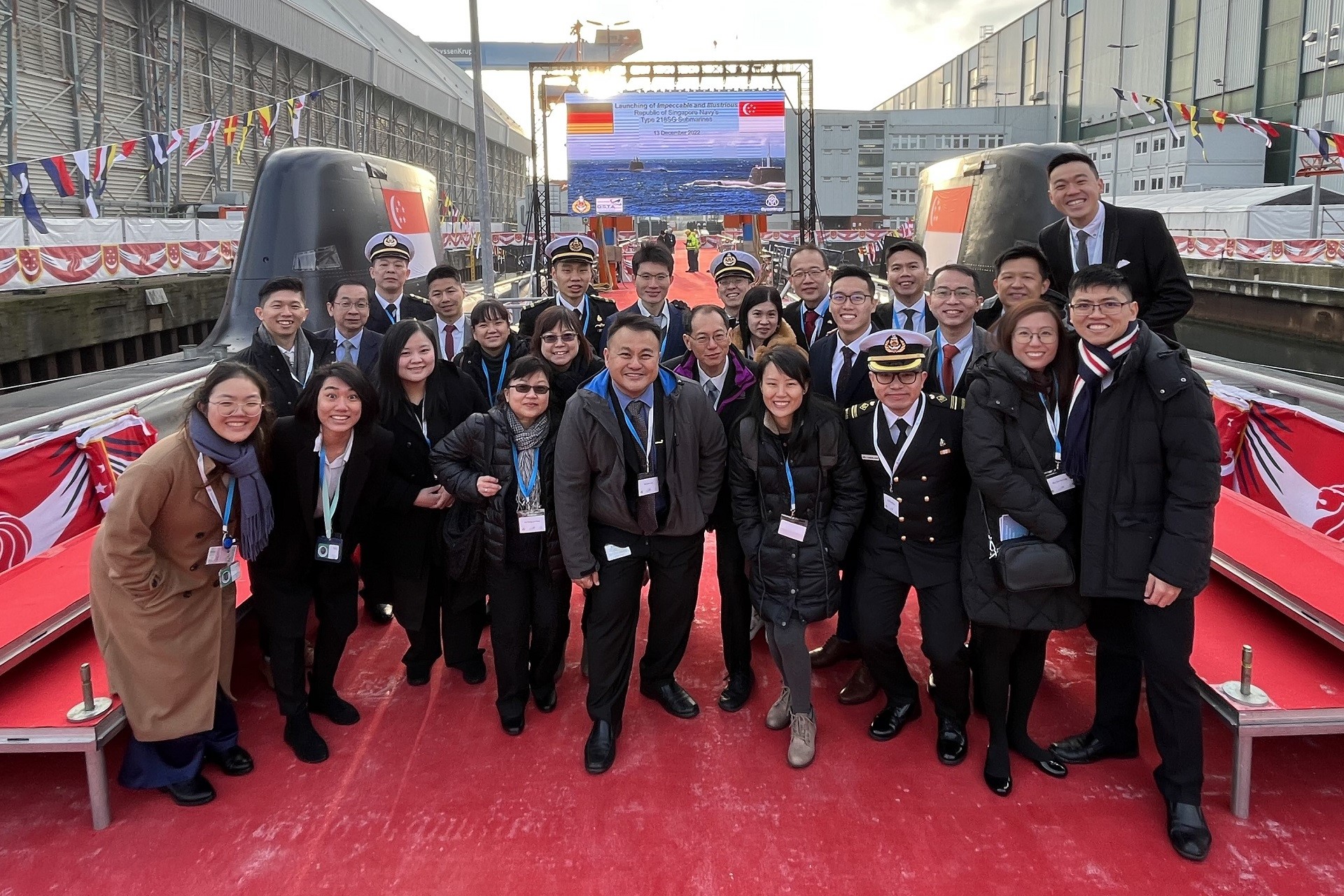
Said the 28-year-old, who is from the Defence Science and Technology Agency (DSTA) Naval Systems Programme Centre: "We carried out a lot of modelling, simulation and human factor engineering studies to make sure that the missions could be conducted successfully.
"For instance, we modelled the consoles to make sure the tilt and angles were suitable, and built (the facilities and equipment) to suit Asian sizes (as the original submarine was designed for German users). This would help prevent workplace injuries."
The underwater sail proved helpful as it allowed the team – comprising DSTA, RSN and DSO National Laboratories personnel – to better understand the Navy's operational challenges and requirements.
"Prior to sailing, I could not appreciate how compact everything on the submarine was, and how difficult it was (for the crew) to operate valves and handles.
"(Sailing in the submarine myself) definitely helped me understand submarine operations, and why there were specific challenges and demands (on the design)," she explained.
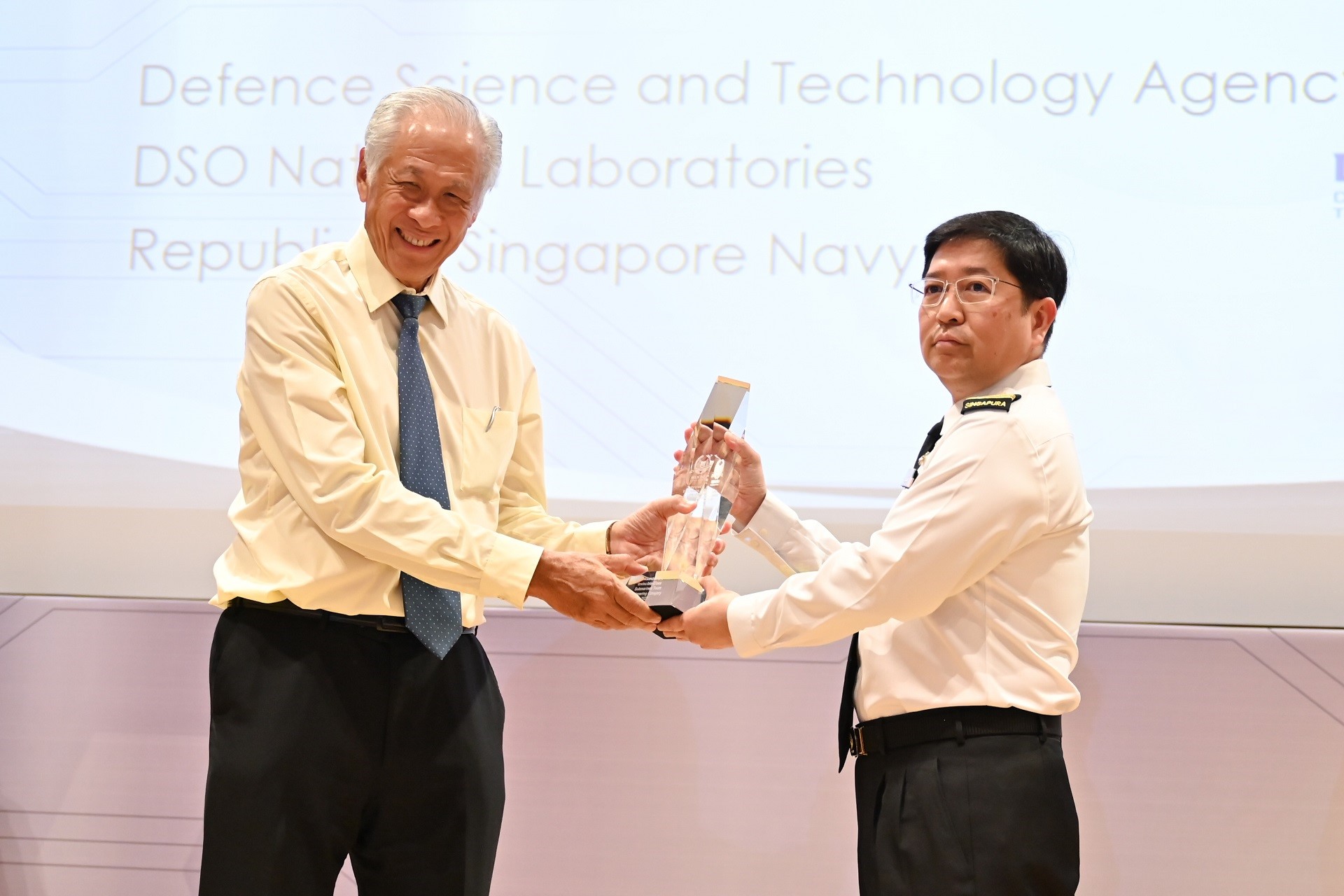
Honouring the best in the field
For their work on the Invincible-class submarines, the team received the Team (Engineering) Award at the Defence Technology Prize (DTP) 2023 ceremony. They had worked together to deliver these submarines, which are the first to be indigenously designed and custom-built.
The team selected the Type-214 submarine from German manufacturer Thyssenkrupp Marine Systems, and incorporated advanced automation and sense-making systems to give the RSN a strategic edge in defence.

In addition to enhanced habitability, the customised Type-218SG platform featured improved mobility, such as Air Independent Propulsion systems to allow it to stay submerged for longer, and fuel cell technology that makes the boat more silent and stealthy.
A new decision-support engine also provides recommendations to helmsmen and provide greater situational awareness to the crew.
The team received their award from Defence Minister Dr Ng Eng Hen at the DTP Award Ceremony held at the DSO Auditorium on 19 Oct.
The annual ceremony, which is into its 34th year, recognises individuals and teams who have made significant technological contributions to the defence capabilities of Singapore.
In his speech, Dr Ng highlighted the importance of maintaining the close relationship between the Singapore Armed Forces (SAF) and the Defence Technology Community (DTC) to give soldiers a fighting edge.
"We must do all we can to maintain these virtuous and intricate ecosystems – to attract and nurture talent for both, to deepen defence tech-ops collaboration… to maintain trust and respect through open communications and deepen understanding.
"And above all, to maintain that same sense of this critical mission to protect Singapore and secure our future," said Dr Ng.
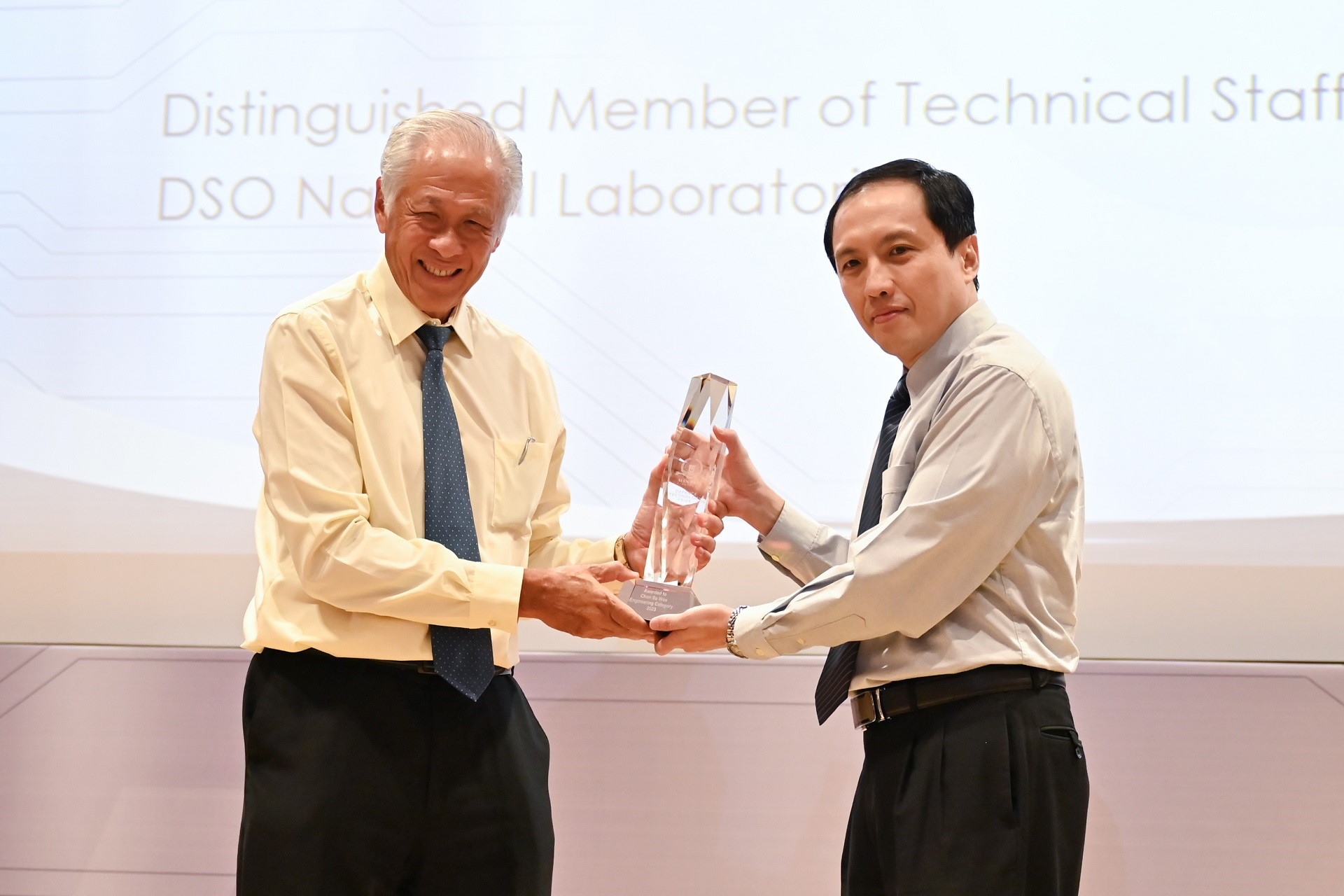
Building an indigenous defence system
The ins and outs of electronic warfare are a closely-guarded secret – no developer will sell you their most powerful or advanced systems.
That's the reason that Singapore must develop its own capabilities in electronic warfare systems to maintain its edge over adversaries, said DSO's Distinguished Member of Technical Staff (Electronic Systems Division) Chan Su Wee.
"Electronic warfare capabilities are impactful and will give armed forces the ability to create surprises in battlefield. Sometimes one surprise is all it takes to turn a situation to our advantage," added the 51-year-old systems engineer.
His journey in DSO began in 1996. Ten years later, he moved to focus on electronic warfare systems, developing defence systems for the Army, Navy and Air Force.
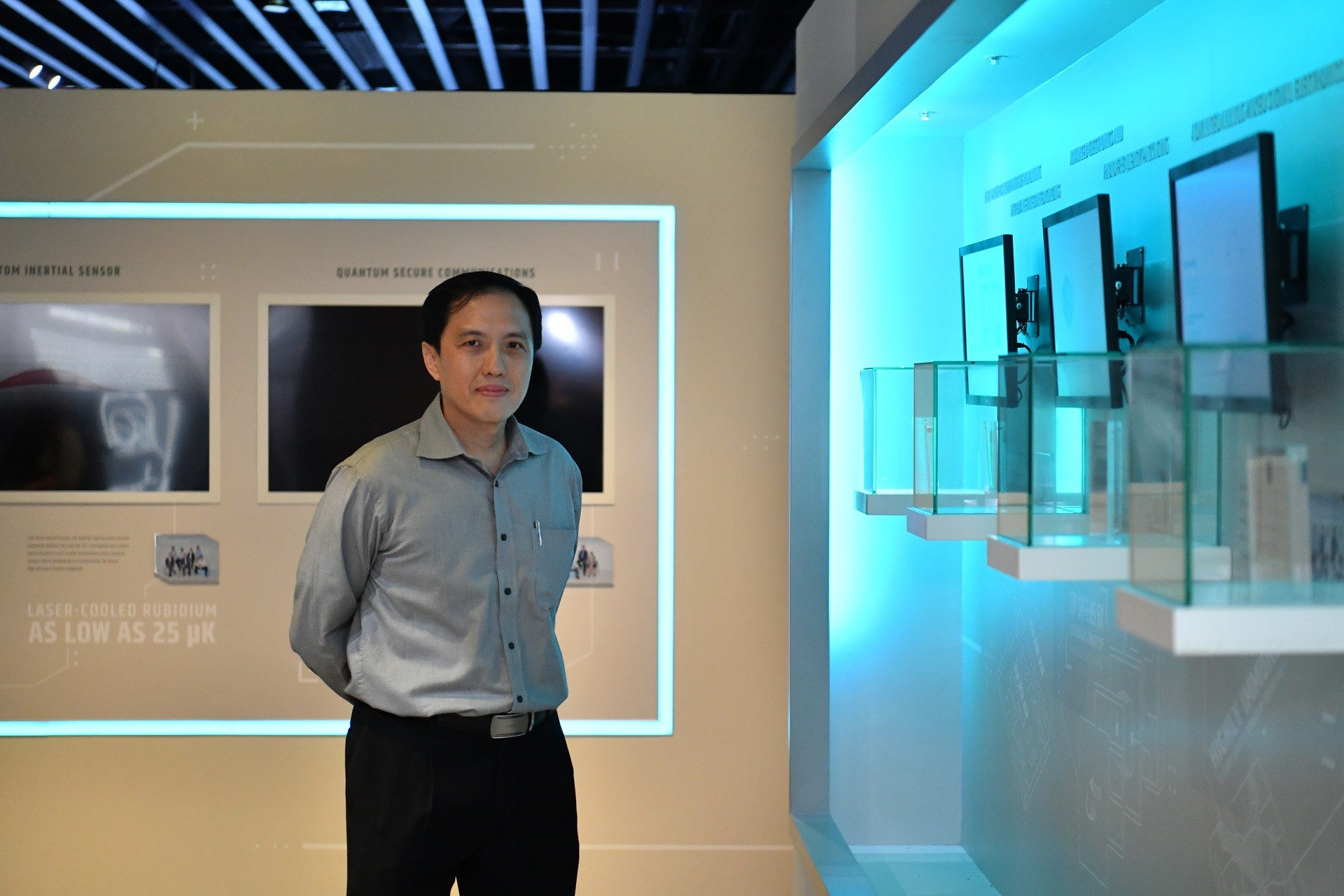
Challenging and never boring
This year, Mr Chan was awarded the DTP Individual (Engineering) Award for almost three decades of contribution to the SAF. This is his second DTP award – he previously won the Team (Engineering) Award in 2020 for Advanced Electronics Systems.
Electronic warfare is a constant push to stay ahead of the adversary's ability to intercept and degrade our own systems, and this is what has kept Mr Chan excited about his job all these years.
"The job is challenging, but never boring. One challenge is there are no shortcuts – electronic warfare is a closely guarded discipline, and the courses and publications that exist are rudimentary and provide only an overview of concepts. We can only learn as we do.
"Another challenge is that the development of electronic warfare systems is a long journey that can take more than a decade. It requires perseverance and patience."
And in the defence technology community, no one works alone. Mr Chan is thankful for the community's pioneers as well as his team for their contributions towards the nation's defence.
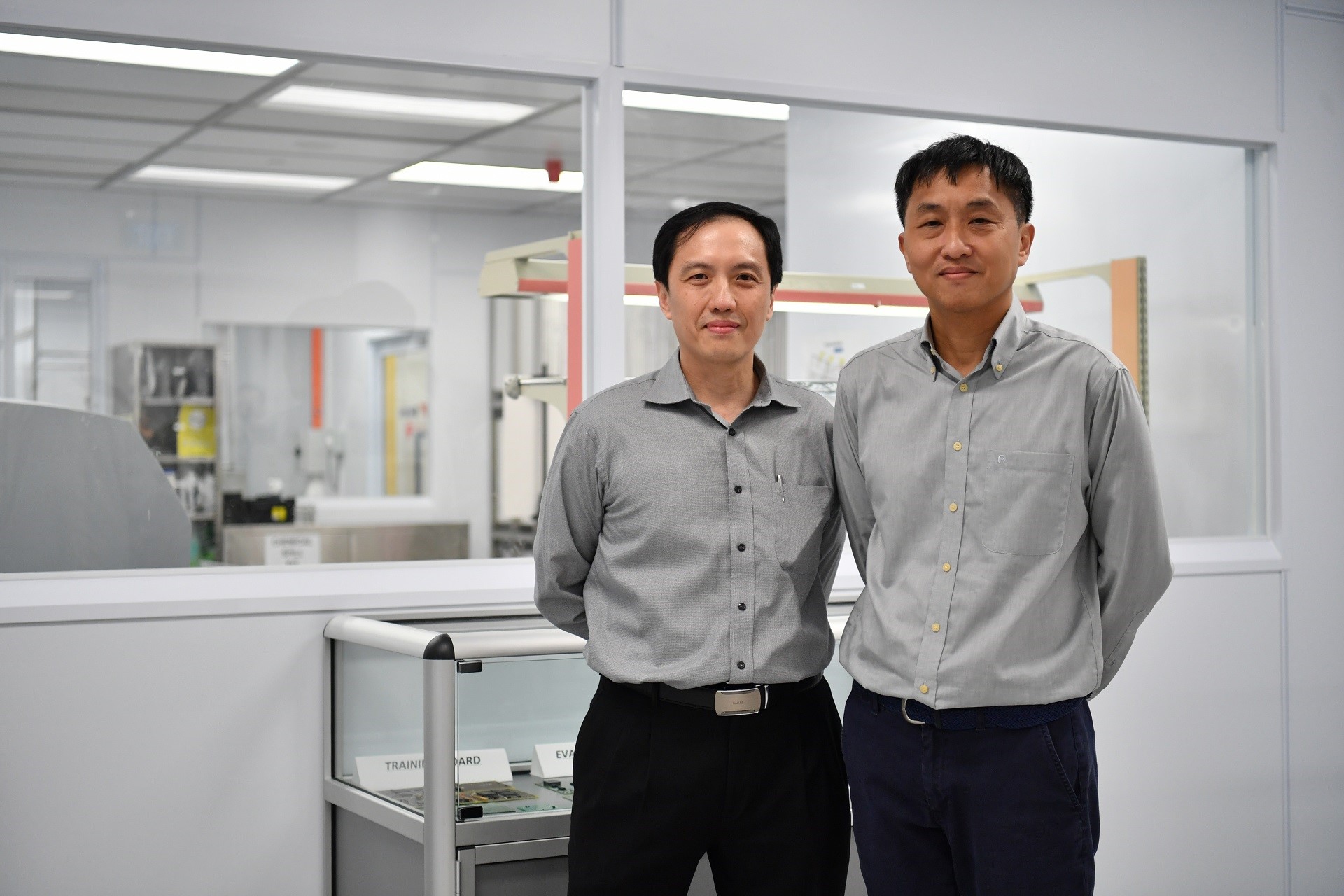
"The real capability lies in the people (who develop the systems)… Building on the work of our predecessors, my team and I continue the mission to enhance indigenous capabilities in electronic warfare," he added.
"This is important work that will impact our soldiers and missions (and) I support them in ensuring the peace and security for our nation. No matter how long it takes or how challenging the journey is, it has to be done."
ALSO READ IN TECHNOLOGY
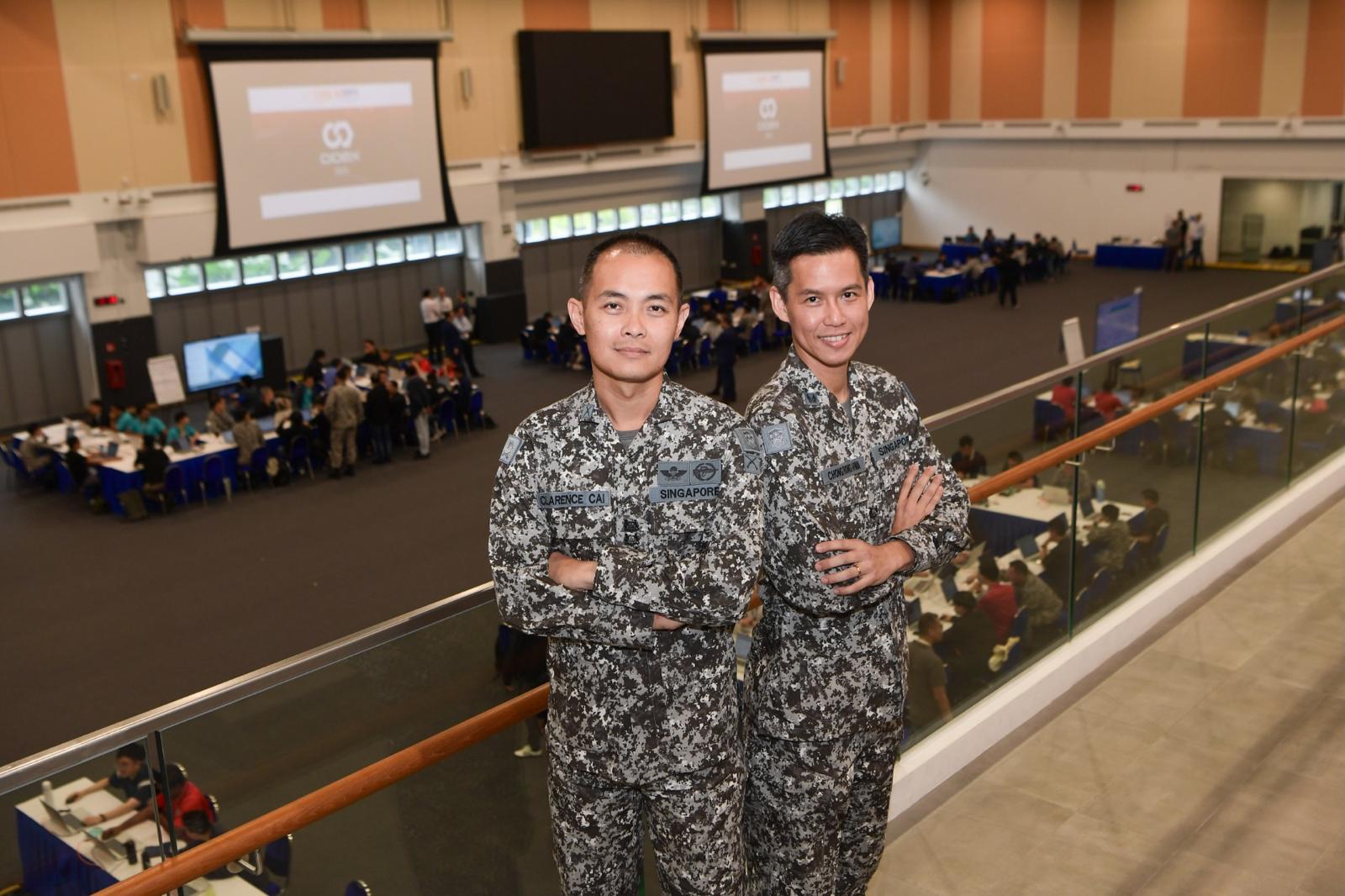
AI joins the fight in national cyber defence exercise
12 Nov 2025
AI and closer collaboration among agencies and industry are taking centre stage in this year’s Critical Infrastructure Defence Exercise (CIDeX).
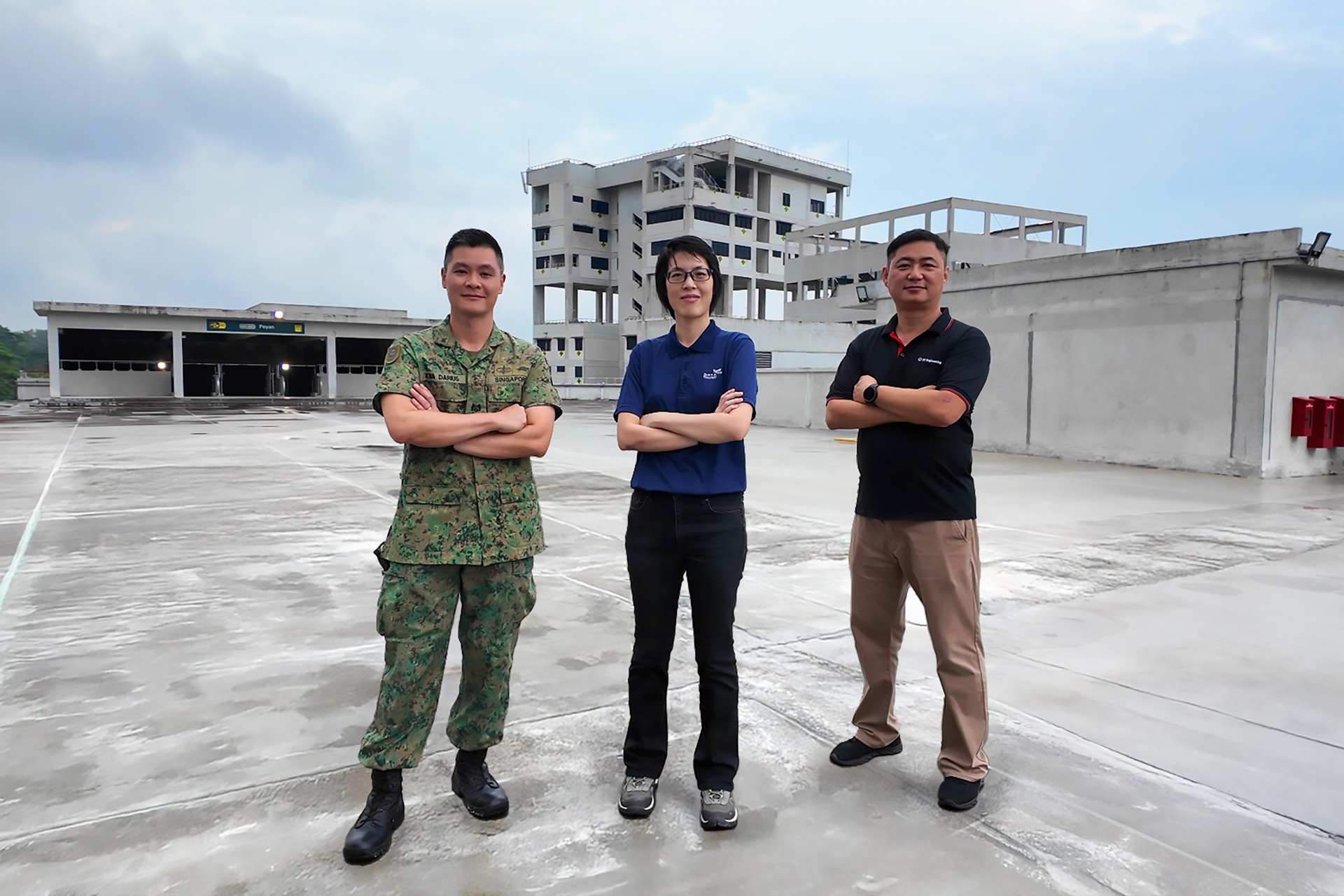
They built this city
01 Oct 2025
Turning vision to reality: the team behind SAFTI City clinches the Defence Technology Prize 2025 Team (Engineering) Award!
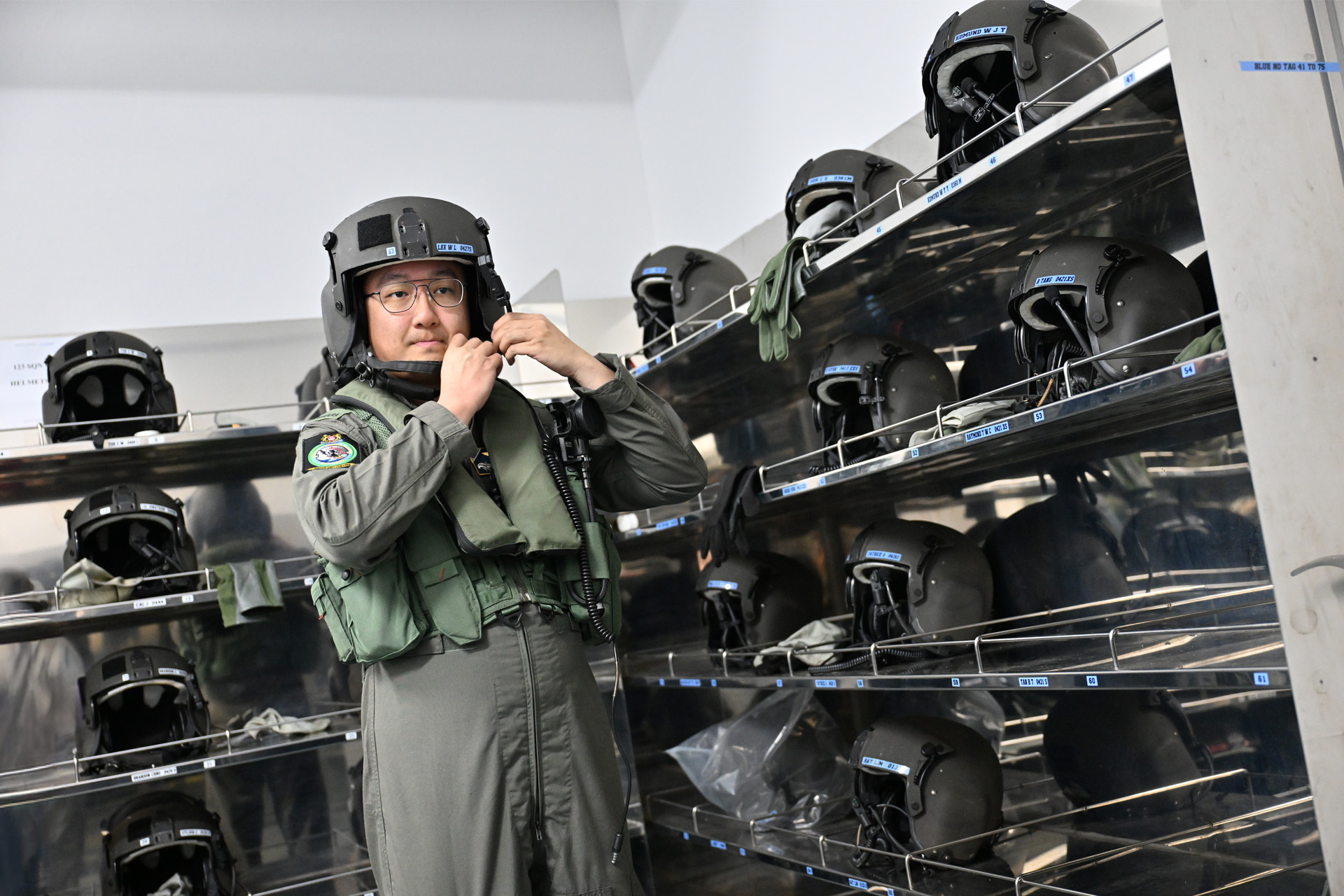
Operating over skies & seas
22 Aug 2025
This gear is designed to help a Sensor Supervisor survive emergencies in the air and at sea.


